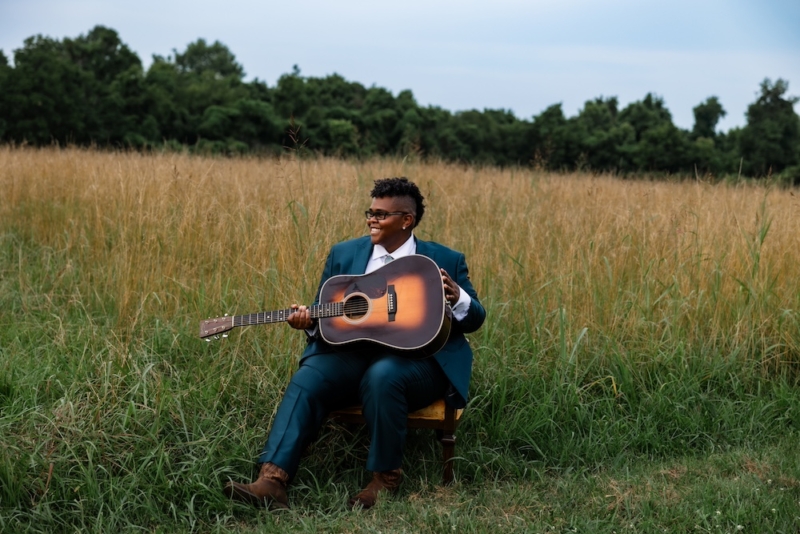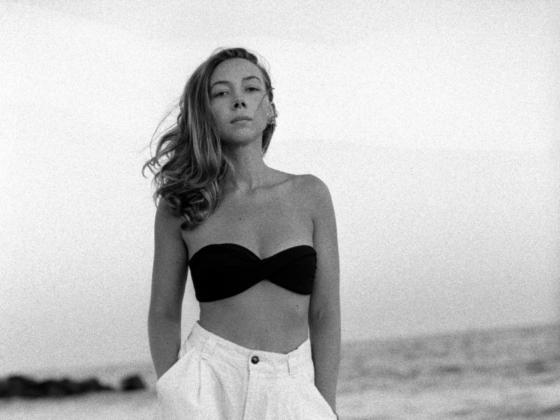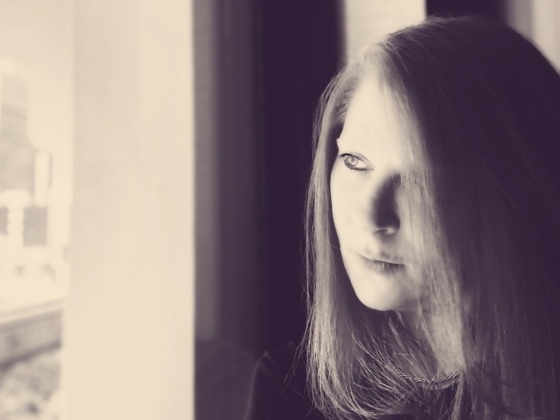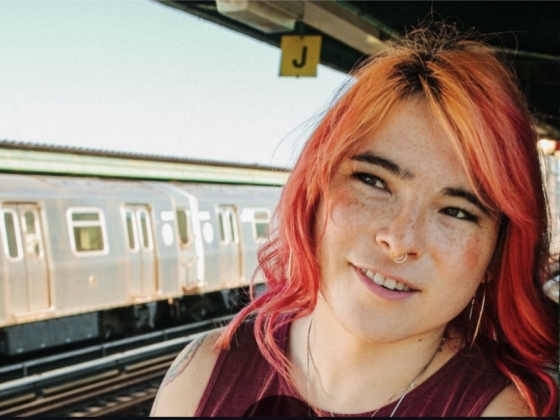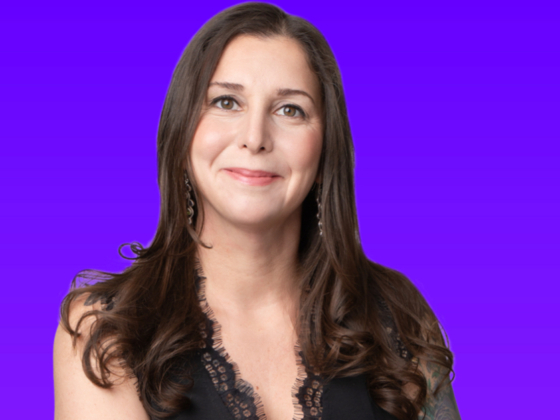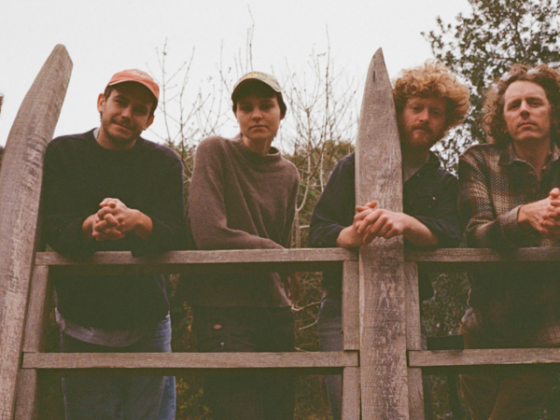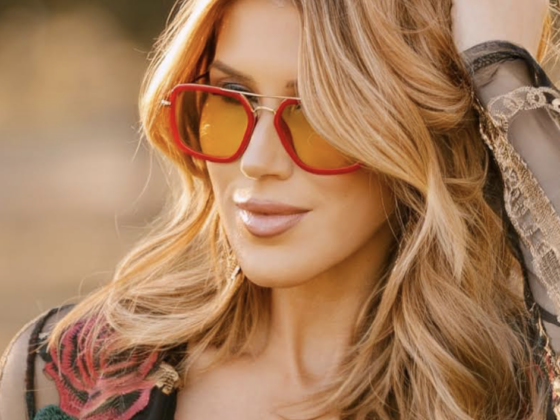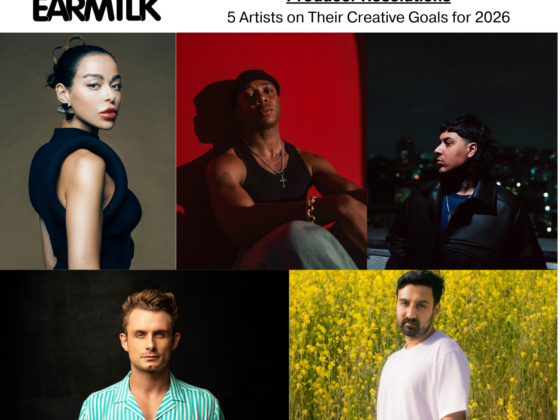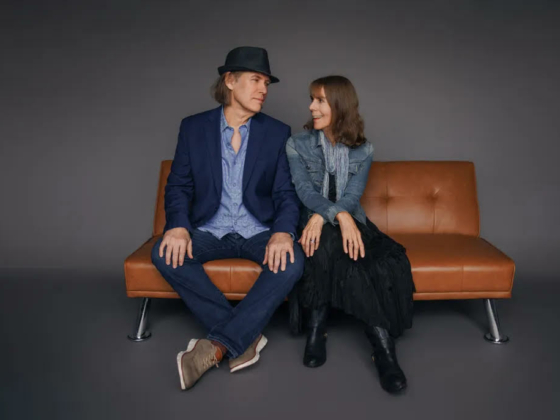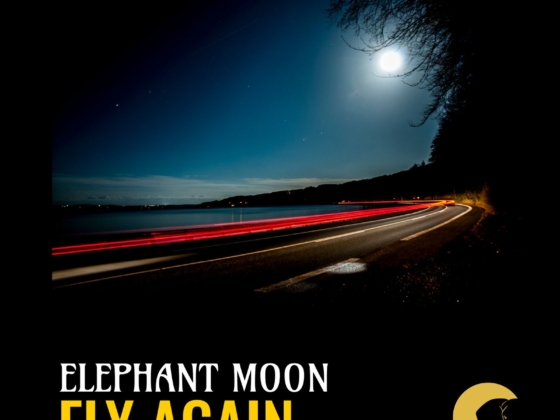Crys Matthews is a powerful songwriter who uses her music to encourage positive social change. The award-winning songwriter has just returned with her new album Reclamation. The expansive 17 track collection features songs of various genres including Americana, gospel, country, folk, bluegrass, rock and more. Standout tracks include the poignant single "Cancel Culture", an honest and raw account of so many of the wrongs found in society including mass shootings, white washing history, rising corporate profits, poverty and more. Then there is her single "The Difference Between", in collaboration with fellow Nashville artists Melody Walker and Chris Housman. The track attacks bigotry and embraces the fact that you can be southern and country and not be a racist. The banjo led "Waking Up the Dead", is a supernatural experience inspired bluegrass classic. "My Skin" is yet another important song on the album. The anthem features Kyshona and is an autobiographical account of feeling discriminated against based on one's own race. Crys has once again created an anthem of triumph and importance with each song telling a unique story.
Earmilk chats with Crys Matthews on her new album, move to Nashville, special tour moments and more. The artist further dives deep into the recording process, central themes and more of Reclamation.
Congrats Crys on your new remarkable album Reclamation. Can you tell our readers more about the central themes found in the album?
This album is an homage to the South that raised me, and a reminder to folks who look like me or love like me that our stories belong in Country and Americana, too.
You stated that the album "is both sonically and ideologically the fullest representation of who I am as an artist and as a human". Can you expand on why that is?
For a long time, I have been almost exclusively grouped with the Folk community. I think a lot of that has to do with the fact that much of my music centers around social justice, and Folk music is often synonymous with protest music and freedom songs. And while I have never minded being categorized as Folk, it has always felt incomplete, or like a partial representation of me. Music is such a deeply personal medium, and so, the thing that I love so much about this new album is that it completely feels like me, all of me. I can literally hear my own mother's voice on it. I can hear echoes of the church I grew up in all over it. I can hear the influence of my extended family and their words of wisdom all over it. And I can hear echoes of the music that I grew up listening to all over it. It feels and sounds like home.
Take us through the recording process, how did your collaborations, time and place help you achieve a certain sound?
As a songwriter, to be able to observe and enjoy some of the best songwriters in the world doing what they do, it was impossible to not step up my own songwriting game as a result. I think that's why there is a bit of a maturity to the songs on Reclamation compared to any of my previous work, even Changemakers, which is really saying something because, for me, that album felt like It was indicative of my best work. And I think that, at the time, it was, but hopefully listeners can hear the growth on Reclamation the way that I can.
You moved to Nashville and recorded the album there as well. How does that city inspire the sound?
Nashville is such an incredible place to call home. When we first moved there, Heather Mae and I used to joke that it felt like we had become better songwriters just from walking into a coffee shop — there is so much creative energy coursing through the city that it's almost palpable. It also just happens to be home to some of the best musicians in the world. To be able to reach out to so many of them, ask if they would be willing to play on the record, and have them say yes was just a dream come true. Not only are they absolutely amazing musicians, several of them — like Megan McCormick and Megan Coleman — are producers in their own right. Having that added brilliance on the team really made for some incredible moments of inspiration during the process. Everybody was so in awe of one another, it really made for such lovely chemistry. There was so much mutual respect and adoration coming from all directions.
Do you have a favorite song or two on the album and if so what are they and why?
Oh my goodness, I have so many! Right now, I am in love with "Some Roads" (but I feel like it changes daily, maybe even hourly). And, of course, "Suit and Tie" is feeling urgently important given the full-throated condemnation for the LGBTQ community that has already come from the new administration.
What do you hope listeners take away from your album Reclamation?
My biggest hope for this album is that people who don't already know how amazing Black artists in the Americana, Country, and Roots music traditions are, will begin to be curious about that. There are so many of us in these genres, these genres that were, by and large, created and conceived by us, but remain so unwelcoming to us — I want folks to realize and question their own blind spots. I also want them to listen to a song like "Oklahoma Sunset" and ask themselves why they think that, 'if only Blake Shelton were singing it, it would be a hit.' I want folks to know that this is a reclamation of space for Black artists just as much as it is for women and LGBTQ folks.
You are a phenomenal advocate and social justice warrior. Who are some of those that have inspired you on your journey into trying to make the world a better place?
Thank you for those kind words. Definitely MLK, James Baldwin, Sweet Honey in the Rock, Holly Near, my friend and fellow changemaker Dave Gunning, my future wife Heather Mae, my mother, so many people.
Touring and playing shows is a big part of your career. Can you share some special tour moments that have transformed or influenced you as a person and artist?
Once, I was singing on the steps of the Supreme Court in solidarity with the Brady campaign and several other gun reform advocacy groups. There was a counter protester there with a bullhorn who was interrupting almost everyone who spoke that day. When it was my turn to step up to the podium and sing my song "Safe" off of my album Changemakers, I took a deep breath and began the song. He stayed quiet for the entire thing, and then, as soon as it was over, he said, "you have a beautiful voice, but you're wrong." I will never forget that moment. I had several takeaways from it, but one in particular was, it isn't enough to just write an important song. Sometimes it matters a lot to be able to perform the song very well, so well that someone who is ideologically completely opposed to what it is you're singing about will at least stay quiet long enough to enjoy a song. That's the power and beauty of music: whether or not anything I sang ever changed his mind, I will never know, but what I do know is that he at least heard everything that I had to say, he heard what matters to me and what matters to so many of us. Maybe one day, when he least expects it, a part of that will sink in.
Who are some artists that are currently on your playlist?
Heather Mae (to whom I just proposed over Christmas) has two albums coming out that I love, Kyshona's Legacy stays on repeat for me, I'm also listening to a lot of Sweet Honey in the Rock and Maren Morris these days.
Finally, what's next for you?
I have a surprise single called "Sleeves Up" that just came out on inauguration day (which happened to fall on MLK Day this year). It isn't ideal to have two projects come out so near one another, but this song is so important for this moment. My good friend Seth Glier produced it. I'll be spending the majority of this year and the next 4 years singing out and speaking out against what I'm sure will be even more of a nightmare than the first go 'round.
Connect with Crys Matthews: INSTAGRAM

